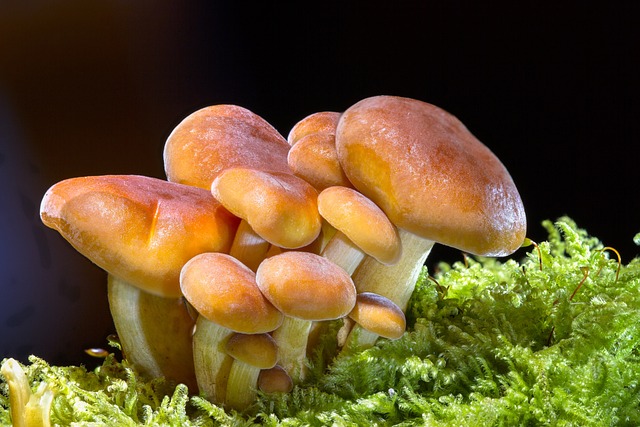Probiotic Powerhouses: Unveiling the Best Strains for Optimal Health
In recent years, the importance of maintaining a healthy gut microbiome has gained widespread recognition. The trillions of microorganisms that reside in our digestive tract play a crucial role in our overall health and well-being. One of the best ways to support a thriving gut ecosystem is by incorporating probiotics into our daily routine.
What are Probiotics?
Probiotics are live microorganisms, usually bacteria or yeast, that provide numerous health benefits when consumed in adequate amounts. These friendly bacteria help restore and maintain the natural balance of organisms in our gut, thereby improving digestion, strengthening the immune system, and promoting overall gut health.
The Best Strains for Optimal Health
With countless probiotic products available on the market, it can be challenging to determine which strains are the most effective. To help you make an informed decision, we have compiled a list of the best probiotic strains for optimal health:
- Lactobacillus acidophilus: This strain is one of the most commonly found probiotics in the human gut. It plays a vital role in supporting healthy digestion and nutrient absorption. Lactobacillus acidophilus also helps maintain a balanced vaginal microbiome in women and has shown promising results in managing lactose intolerance.
- Bifidobacterium bifidum: Bifidobacterium bifidum is predominantly found in the large intestine and is known for its ability to break down complex carbohydrates and fibers. It helps produce essential vitamins, such as vitamin B12 and K, while also supporting a healthy immune system.
- Streptococcus thermophilus: This probiotic strain is widely used in fermented dairy products like yogurt. It aids in lactose digestion and has been shown to have anti-inflammatory properties. Streptococcus thermophilus also helps maintain a healthy balance of bacteria in the gut and may alleviate symptoms of inflammatory bowel disease.
- Saccharomyces boulardii: Unlike bacterial strains, Saccharomyces boulardii is a beneficial yeast that can help prevent and treat diarrhea caused by various factors, including antibiotics and infections. It has also been studied for its potential to reduce the risk of Clostridium difficile (C. diff) infection.
Choosing the Right Probiotic Product
When selecting a probiotic product, it’s essential to consider several factors:
- Strain diversity: Look for products that contain a variety of probiotic strains to ensure comprehensive gut support.
- Colony-forming units (CFUs): CFUs indicate the number of viable probiotic cells present in a product. Higher CFU counts are generally recommended for more significant health benefits.
- Survivability: Probiotics need to survive the harsh acidic environment of the stomach to reach the intestines alive. Choose products with enteric coatings or strains known for their resilience.
- Quality and reputation: Opt for reputable brands that follow stringent manufacturing processes and provide transparency regarding their product’s potency and purity.
Incorporating Probiotics into Your Diet
While probiotic supplements are widely available, incorporating naturally probiotic-rich foods into your diet is an excellent way to support gut health. Some of the best sources of probiotics include:
- Yogurt: Choose plain, unsweetened yogurt containing live and active cultures.
- Kefir: This fermented milk drink is packed with various strains of beneficial bacteria and yeast.
- Sauerkraut: Made from fermented cabbage, sauerkraut is rich in Lactobacillus bacteria.
- Miso: A traditional Japanese seasoning, miso is produced by fermenting soybeans with a specific fungus called koji.
- Kombucha: Kombucha is a fermented tea that contains a vast array of probiotic strains.
Conclusion
Probiotics offer a myriad of health benefits, especially when it comes to supporting a healthy gut microbiome. Incorporating probiotic-rich foods and supplements into your daily routine can help maintain a balanced gut ecosystem, improve digestion, enhance immune function, and promote optimal







